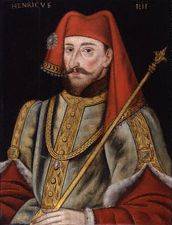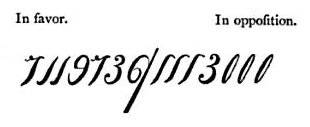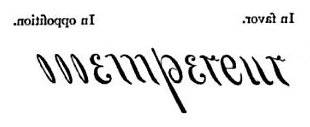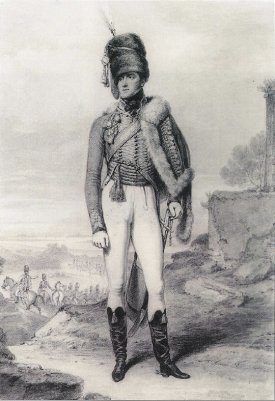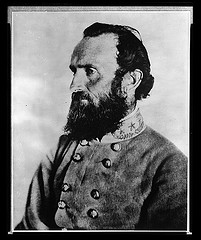In 1943, authorities at a German POW camp in Poland discovered that three prisoners were missing. A considerable space separated the prisoners’ huts from the perimeter fence, so at first it wasn’t clear how they’d escaped.
But the three inmates had something in common — all three had exercised during the day on a vaulting horse in the yard. On investigating, the Germans discovered a 100-foot tunnel leading from that spot to an opening beyond the fence.
The truth became clear. Each day, the prisoners had carried the horse to the same spot with a man hidden inside. While they exercised, the hidden man had used a bowl to lengthen the tunnel, then hid again in the horse as it was carried back inside. The Germans had used siesmographs to detect tunneling, but the prisoners’ vaulting had masked the sounds of their digging.
All three escapees — Eric Williams, Michael Codner, and Oliver Philpot — reached neutral Sweden and were reunited with their families.

